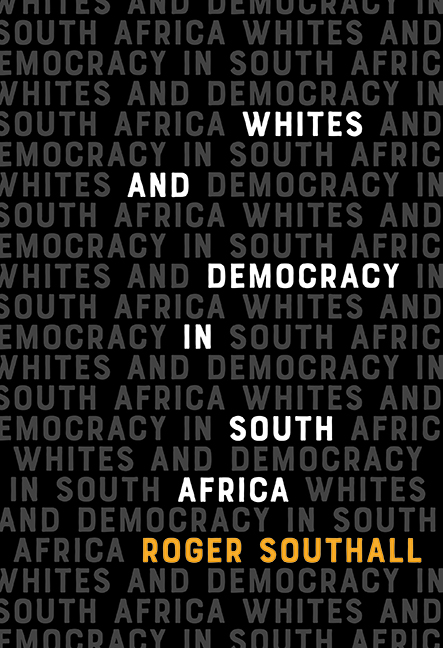4 - Looking Back: Whites and the TRC Today
Published online by Cambridge University Press: 26 May 2022
Summary
In early February 2020, the South African Broadcasting Corporation invited de Klerk to reflect upon his speech to parliament, delivered some thirty years earlier, in which he had announced the freeing of Nelson Mandela. Towards the end of the interview, he was asked whether he agreed that apartheid had been a crime against humanity. Thereafter, the following exchange occurred:
De Klerk: I don't fully agree with that. I’m not justifying apartheid in anyway whatsoever.
Interviewer: But why can't you agree with that? Because it did wreak havoc to millions of South Africans.
De Klerk: It did and I apologise for that. I profusely apologise for that. But there's a difference between calling something a crime, such as genocide is a crime. Apartheid cannot be – that's why I’m saying this – cannot be for instance – compared with genocide.
De Klerk's prevarications aroused a storm of controversy and he was swiftly admonished by a host of luminaries, these including President Ramaphosa, former president Mbeki and Archbishop Tutu as well as by a host of public bodies such as the South African Council of Churches. In the days that followed, de Klerk and his Foundation (which had sought to clarify his position) beat a hasty retreat, apologized for offending South Africans and asserted that apartheid had indeed been a crime against humanity.
The incident demonstrated de Klerk's extraordinarily restricted understanding of the doctrine of ‘crimes against humanity’ and his dismissal of the UN’s 1973 Convention on Apartheid as a Crime against Humanity. Although it has evolved significantly since it was drawn up by the International Law Commission at the behest of the UN in 1954, the doctrine defines crimes against humanity as being acts such as murder, extermination, enslavement, deportation or persecution committed against any civilian population on social, political, racial, religious or cultural grounds by the authorities of a state or by private individuals acting at the instigation or with the toleration of such authorities. Given that the apartheid state murdered, tortured and persecuted people on the basis of an ideology which identified them on racial and cultural grounds, it follows that apartheid constituted a prime case of a crime against humanity.
- Type
- Chapter
- Information
- Whites and Democracy in South Africa , pp. 75 - 98Publisher: Boydell & BrewerPrint publication year: 2022



